Hope bases vast premises upon foolish accidents and reads a word where, in fact, only a scribble exists
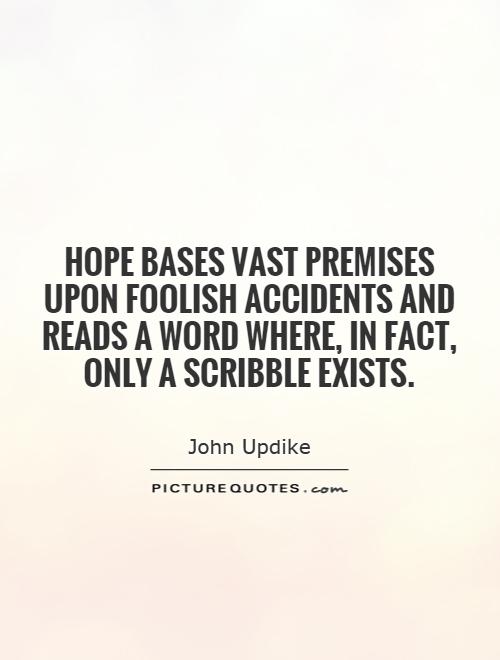
Hope bases vast premises upon foolish accidents and reads a word where, in fact, only a scribble exists
John Updike, a prolific American author known for his keen observations of human nature and intricate storytelling, often explored the theme of hope in his works. In his writing, Updike delved into the complexities of human emotions and desires, often highlighting the ways in which hope can both inspire and deceive us.The quote “Hope bases vast premises upon foolish accidents and reads a word where, in fact, only a scribble exists” encapsulates Updike’s nuanced understanding of hope. In many of his works, Updike portrays characters who cling to hope in the face of uncertainty and adversity, often leading them to make irrational decisions or misinterpret reality. This idea is exemplified in his novel “Rabbit, Run,” where the protagonist, Harry “Rabbit” Angstrom, constantly seeks hope and meaning in his life, only to find himself disillusioned and lost.
Updike’s exploration of hope is not limited to individual characters, but extends to broader societal themes as well. In his short story “A&P,” Updike examines the hope for social change and personal growth through the eyes of a young grocery store clerk who stands up against the oppressive rules of his workplace. The protagonist’s hopeful act of defiance ultimately leads to disappointment and isolation, highlighting the fragile nature of hope in the face of harsh realities.
Through his nuanced portrayal of hope, Updike challenges readers to consider the ways in which hope can both inspire and deceive us. He suggests that hope, while a powerful force for motivation and resilience, can also blind us to the harsh truths of reality and lead us down misguided paths. In Updike’s world, hope is not a simple virtue, but a complex and often dangerous emotion that must be navigated with caution and self-awareness.
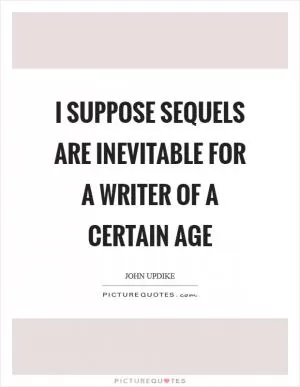
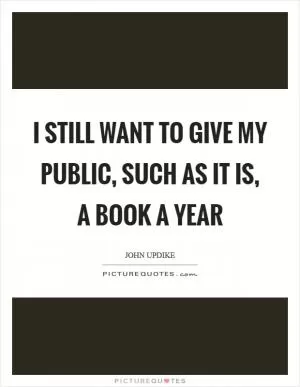


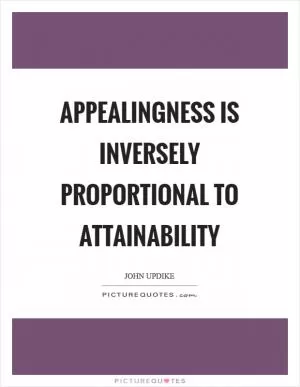
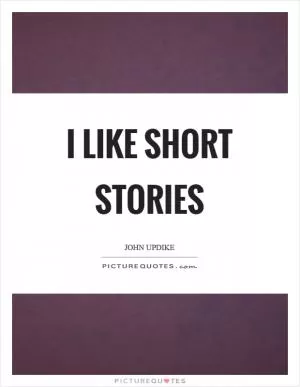



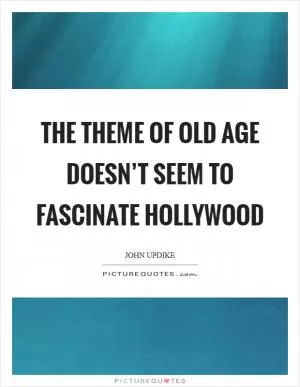


 Friendship Quotes
Friendship Quotes Love Quotes
Love Quotes Life Quotes
Life Quotes Funny Quotes
Funny Quotes Motivational Quotes
Motivational Quotes Inspirational Quotes
Inspirational Quotes